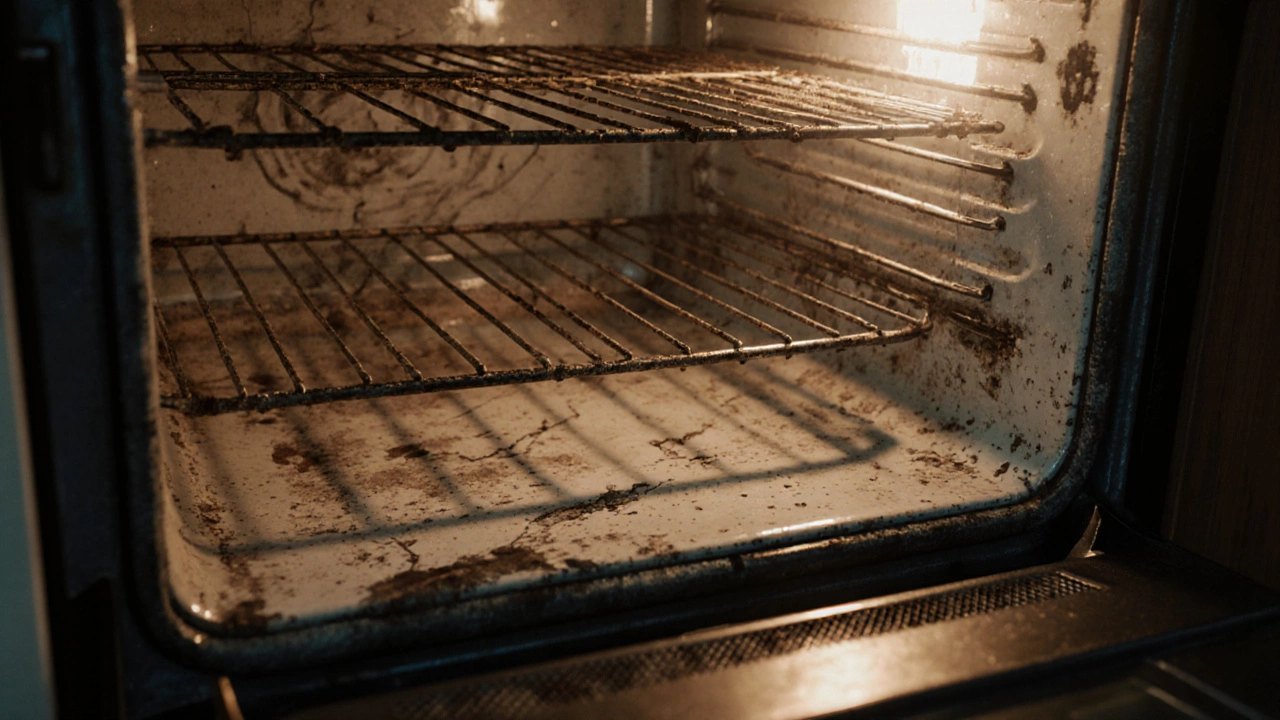
Most ovens last 13-15 years, but signs like uneven heating, slow preheating, or control panel failures mean it’s time to consider replacement. Learn when repair makes sense and what to look for in a new model.
If you ever wonder whether your oven is getting old, you’re not alone. Most homeowners expect their ovens to work for years, but the reality depends on a handful of factors. Knowing those factors helps you spot problems early and decide when it’s time to repair or replace.
Material matters. Electric ovens with stainless‑steel interiors tend to outlast cheap enamel models because they resist rust and staining. Gas ovens can last just as long if the burners are kept clean and the gas line is inspected regularly.
How often you use it is another big factor. An oven that sees daily bake‑offs will age faster than a secondary unit used only on holidays. Heavy use means the heating elements, thermostats, and door hinges get more wear and tear.
Maintenance habits play a big role, too. Leaving food splatters to harden, never cleaning the door seal, or ignoring strange smells can shorten the life of the appliance. Even a simple mis‑wiring issue can cause the control board to fail prematurely.
Finally, brand reputation and build quality matter. Mid‑range brands often give you 10‑12 years of reliable service, while budget options might need a major part replacement after 5‑7 years.
Clean regularly. Wipe down spills while they’re still warm. A soft cloth and mild detergent keep the interior and door seal free from buildup that can cause overheating.
Check the door seal. A cracked or worn seal lets heat escape, forcing the oven to work harder. Replace the seal whenever you notice a gap or cooling spots.
Calibrate the thermostat. If food is consistently over‑ or under‑cooked, the thermostat may be off. Most ovens have a simple dial or menu setting to adjust temperature accuracy.
Don’t overload the oven. Packing trays too tightly blocks airflow and stresses the heating elements. Give food room to breathe for even cooking and less strain on the system.
Schedule professional checks. A yearly service by a qualified technician can spot worn parts, loose wiring, or gas leaks before they become costly failures.
When you notice any of these signs—uneven heating, strange noises, error codes, or a burnt smell—it’s time to call a pro. Small repairs like replacing a heating element or a thermostat are often cheaper than buying a new oven.
On average, a well‑maintained oven lasts between 10 and 15 years. Some owners get 20 years out of a high‑end model, while cheaper units may need a replacement after 7 years. Knowing where you fall on that spectrum helps you budget for future repairs or upgrades.
Bottom line: keep your oven clean, check the seal, watch the thermostat, avoid overloading, and get an annual check‑up. Those simple steps can add several years to your oven’s life and save you from surprise breakdowns.

Most ovens last 13-15 years, but signs like uneven heating, slow preheating, or control panel failures mean it’s time to consider replacement. Learn when repair makes sense and what to look for in a new model.

Wondering if an oven can last 20 years? Here’s the honest lifespan, what shortens it, how to extend it, and when to repair or replace-backed by 2025 realities.

Electric stoves, essential to our everyday cooking, usually last around 13 to 15 years with proper care. Their lifespan can vary based on usage, brand quality, and maintenance. Simple tips like cleaning regularly and avoiding overloading can extend an appliance's life. Understanding these factors can help you maximize your stove's efficiency and delay costly replacements.